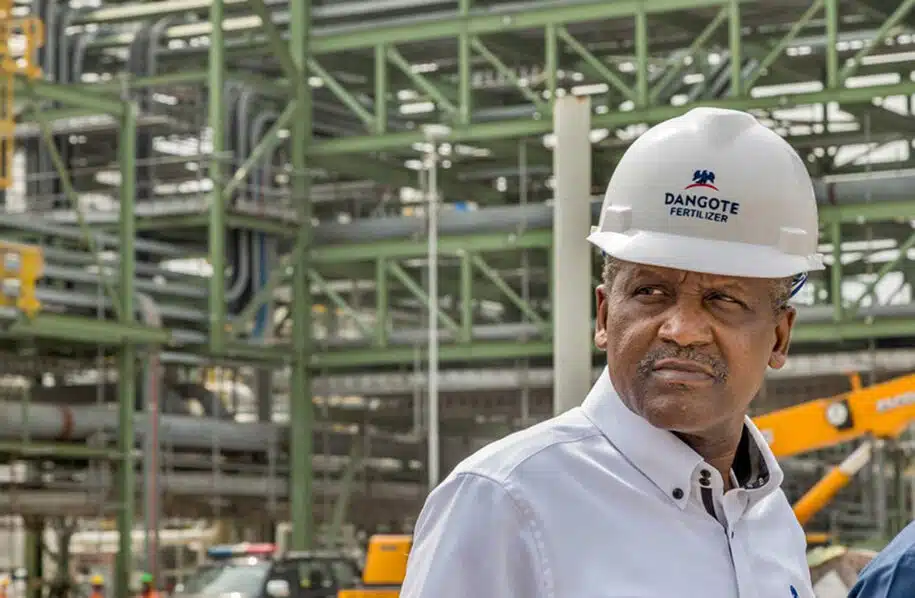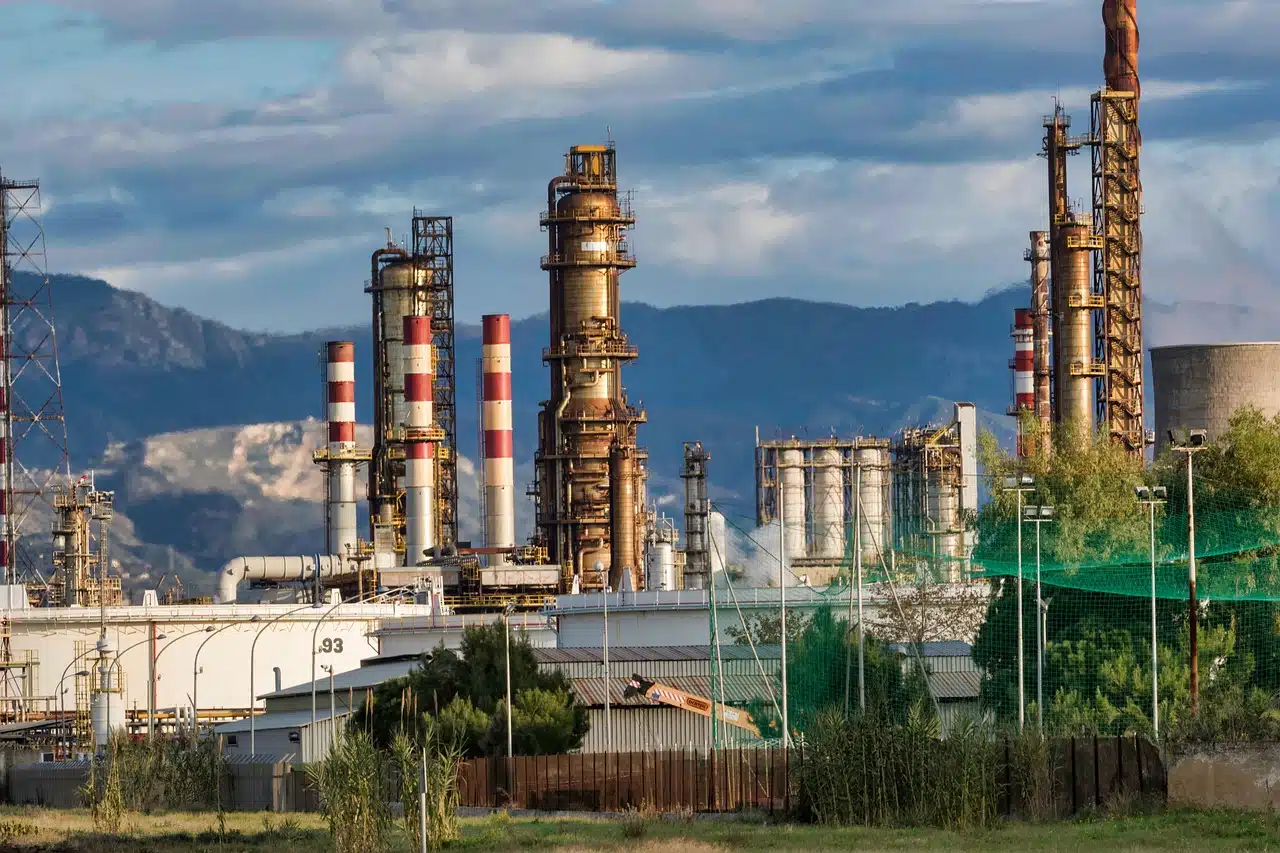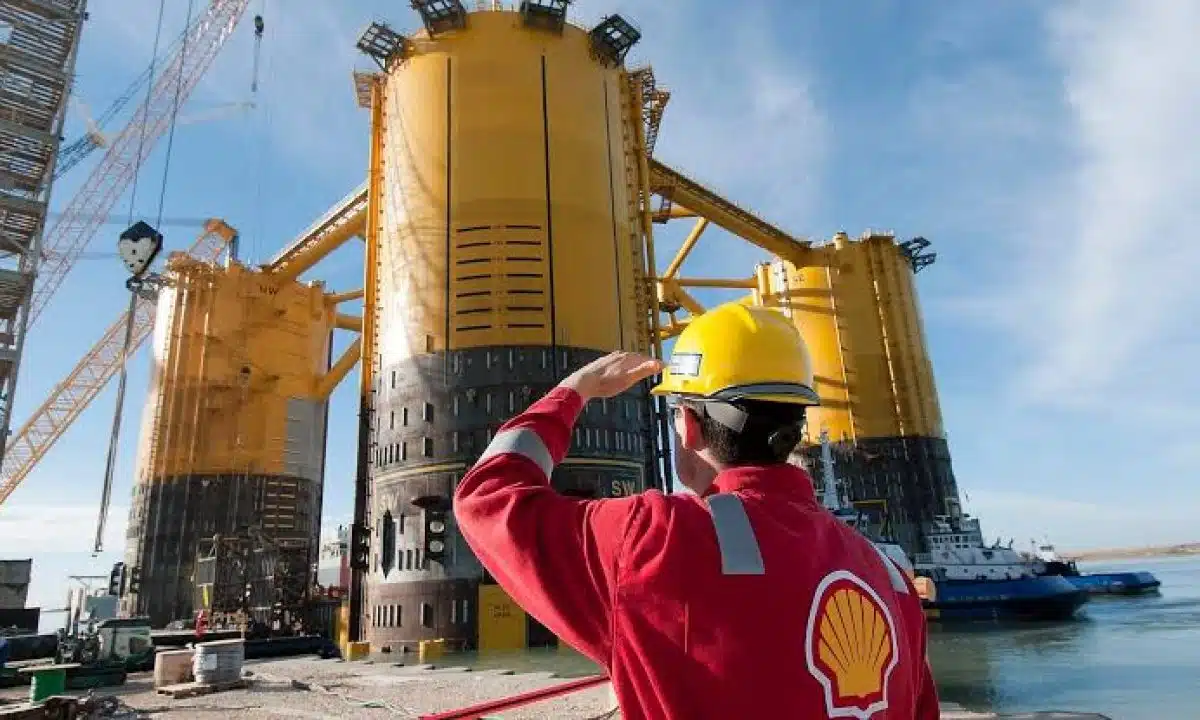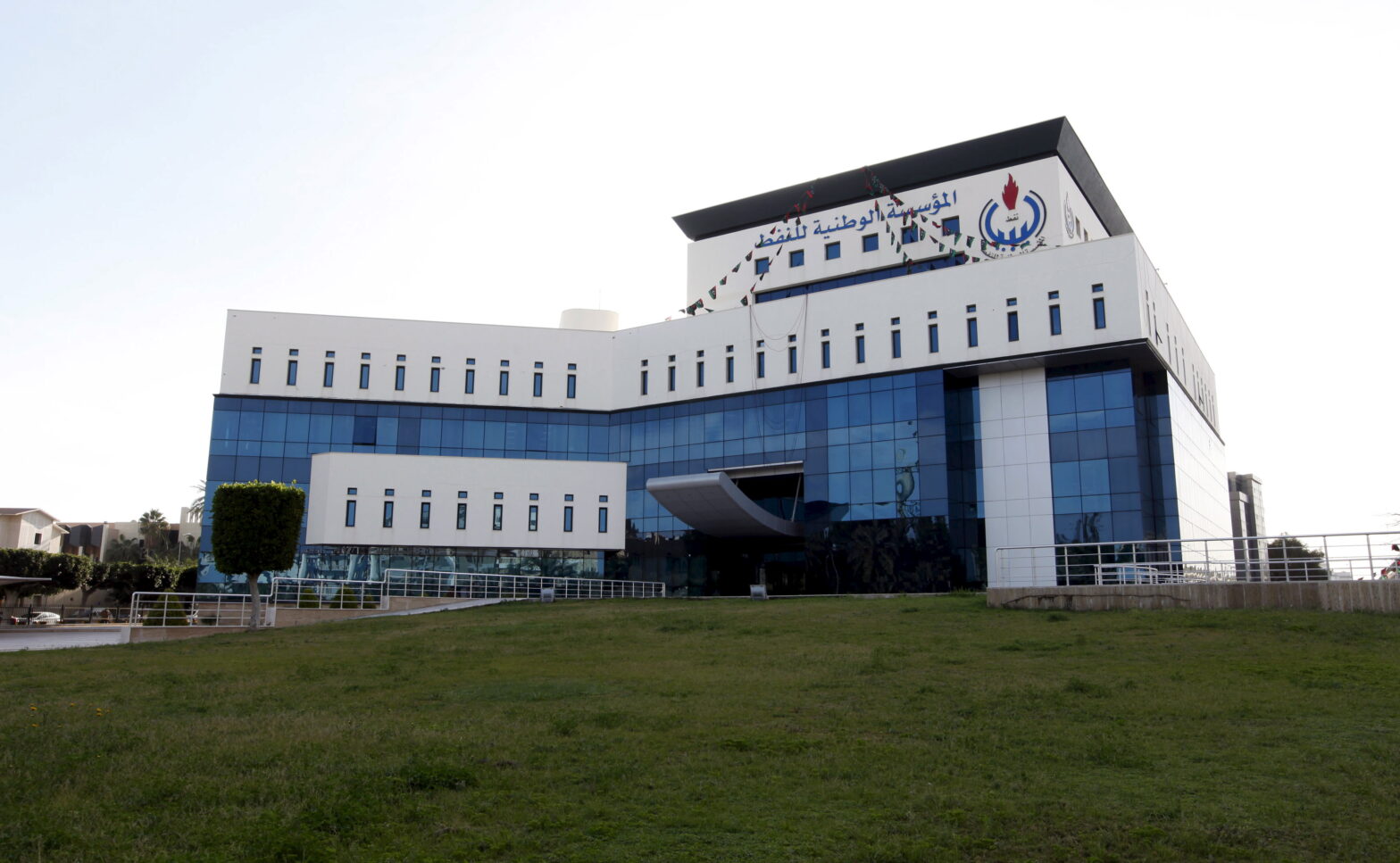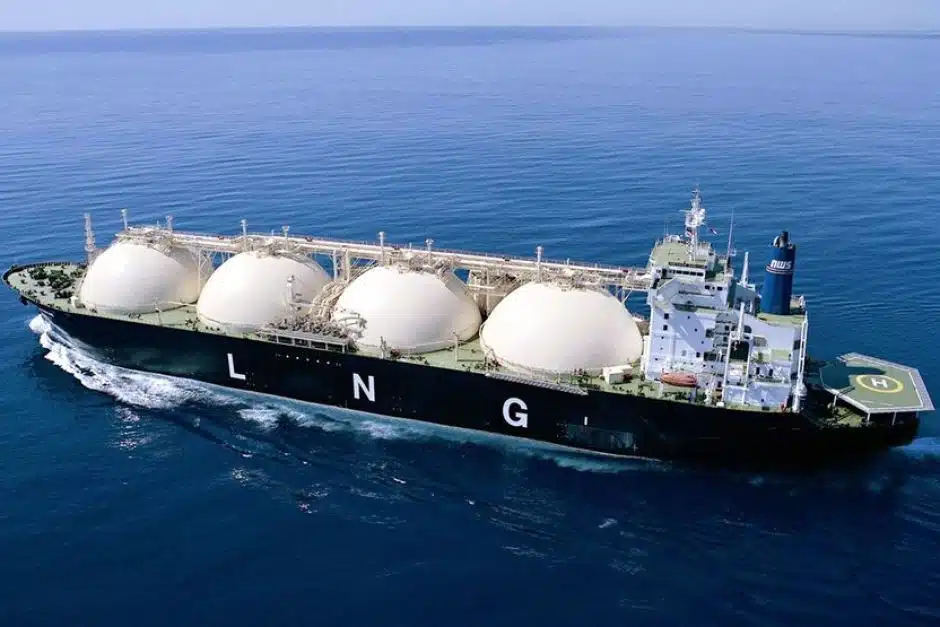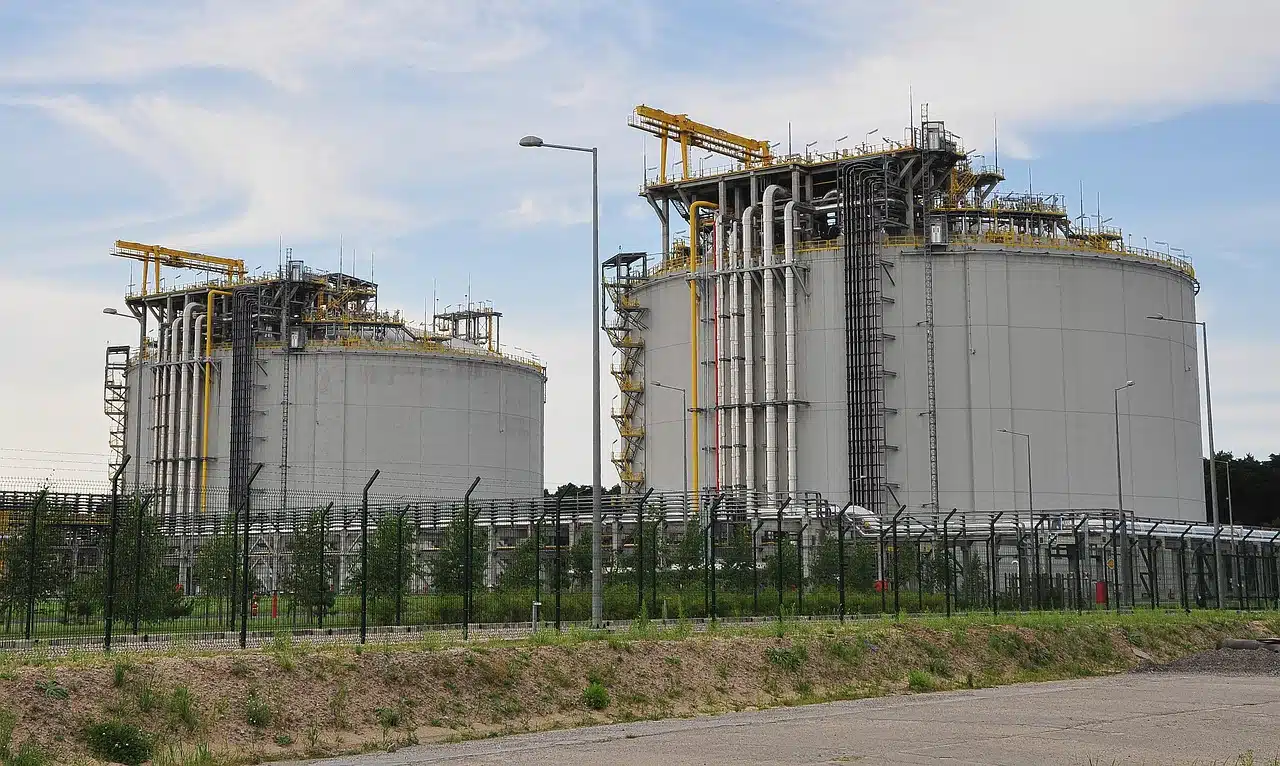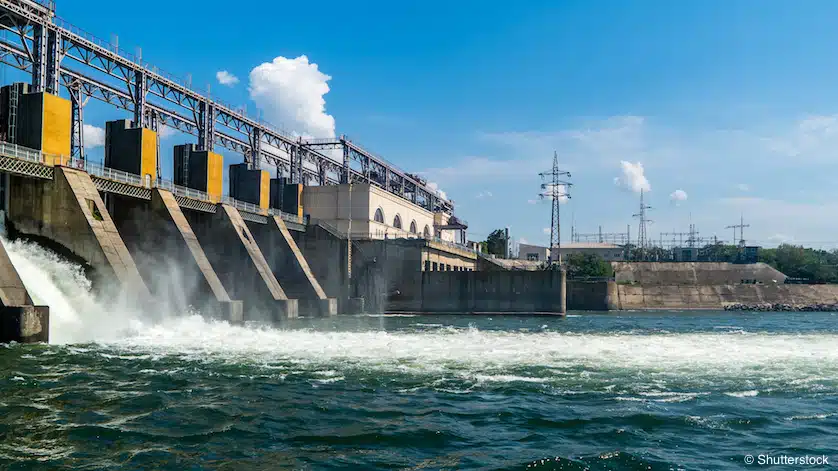Nigeria’s downstream petroleum sector is on the verge of a significant transformation, driven by the gradual return of domestic refining. While state-owned refineries play a role, the game-changer is the 650,000 barrels per day (bpd) Dangote Refinery—set to become the world’s largest single-train refinery.
The $19 billion Dangote Refinery is located in the Lekki Free Zone in Lagos, Southwest Nigeria. Since it began operations in 2024, the crude oil processing facility has been touted as a game-changer for Nigeria’s energy security.
With a processing capacity of 650,000 bpd, the refinery is set to supply petrol, diesel, aviation fuel, and other refined products, not just for Nigeria but across West Africa.
Recent developments indicate that its products have already reached markets as far as Europe and the Middle East.
In a significant milestone, Nigeria’s Dangote Petroleum Refinery successfully exported two shipments of jet fuel to Saudi Aramco, the world’s largest oil producer and company by market capitalization.
The refinery began processing crude in January 2023, initially producing diesel, naphtha, and jet fuel. It commenced gasoline production in September.
A few days ago, Edwin Devakumar, Vice President of Dangote Group, announced that the Lagos-based petrochemical plant, currently running at 85% capacity, is expected to reach its full 650,000 bpd output by March.
As the refinery ramps up operations and gets close to operating at full capacity, many Nigerians are not only hopeful of its ability to end fuel importation into the country but also wary of its potential to dominate the Nigerian fuel market and reshape its petroleum supply chain.
The Dangote Refinery can produce nearly 90 million litres of petrol per day—far exceeding Nigeria’s daily consumption of about 50 million litres.
However, full market control won’t come easily for billionaire owner Aliko Dangote—not in an industry shaped by powerful investors and competing interests.
His success will hinge on several factors, including competition, government policies, pricing dynamics, and infrastructure challenges.
Nigeria’s downstream petroleum market structure
Nigeria’s downstream petroleum market operates across three key segments: refining, distribution, and sales.
Refining involves converting crude oil into petroleum products such as petrol, diesel, and kerosene, along with petrochemicals, lubricants, and other specialty products. Distribution focuses on transporting these products to retailers, consumers, and industrial users, while sales cover transactions through retail outlets, wholesalers, and other channels.
Before the entry of Dangote Refinery, fuel importation dominated the sector, as Nigeria’s state-owned refineries remained largely non-functional.
Even while local refining capacity was at its lowest, NNPCL. was still the dominant entity in the space; controlling all the state-owned oil refineries and being the major importer of refined petroleum products for decades. Also, NNPCL maintains over 1,200 retail outlets across the country, following the acquisition of Oando’s retail assets.
Other independent marketers like TotalEnergies, Mobil Oil, AA Rano, MRS Oil, who sourced refined products from Europe and elsewhere.
The entry of the Dangote into the landscape, though expected to cause dramatic shifts in the refining segment, its influence remains limited in other areas of the market.
According to Engr. Umar Abubakar Modibbo, an energy sector expert, “the idea that the Dangote refinery will control 100% of Nigeria’s downstream market by the time it operates at full capacity is both ambitious and unlikely. While it will dominate the refining segment, other players and factors will ensure a competitive and diversified market”.
“The government’s role in regulating the sector and promoting fair competition will be crucial in shaping the future of Nigeria’s downstream petroleum industry,” Modibbo added.
Another key factor is the revival of NNPC-controlled state-owned refineries. Late last year, the Port Harcourt and Warri refineries resumed operations, though they are currently running below capacity.
Impact of Dangote refinery on Nigeria’s fuel importation
The operationalisation of the Dangote refinery brings huge relief to Nigeria. The citizens now witness increased access to refined petroleum products to power their factories and businesses.
Recent data from Vortexa Ltd. and compiled by Bloomberg shows that Nigeria’s petrol imports have plunged to an eight-year low as the Dangote Refinery ramps up production, reducing the country’s reliance on foreign fuel.
The data reveals that gasoline shipments into Nigeria stood at approximately 110,000 barrels per day between January 1-24 this year.
Samantha Hartke, an analyst at Vortexa, attributed the plunge in Nigeria’s petrol imports largely to increased output from the Dangote refinery.
From an economic perspective, this translates to significant gains for Nigeria.
For instance, Nigeria’s foreign reserves are projected to save a substantial $10 billion in foreign exchange in 2025 following the commencement of operations at the Refinery.
The country currently spends about 40% of its FX earnings on petrol imports, adding that this figure is expected to drop significantly in the coming months.
Meanwhile, analysts believe Dangote growing production could significantly reduce West Africa’s reliance on imported fuel, reported to cost the continent about $17 billion annually.
Kelly Norways of S&P Global Commodity Insights stated in a market podcast that when the refinery reaches full capacity, Nigeria’s gasoline imports could drop by as much as 290,000 barrels per day between 2023 and 2026.
Dangote’s influence in Europe
Also, the Dangote refinery will leave many oil processing facilities in Europe on the brink of collapse as many of them have begun losing their traditional African buyers to Dangote.
In her reaction to this, Samantha Hartke said “Northwest Europe will have to find alternative homes for its gasoline supplies”.
Moreso, some European buyers are beginning to order refined petroleum products from the refinery.
Last year, BP started with its purchase of approximately 45,000 metric tons of jet fuel from the facility.
Expressing his concern, Farai Ronoledi, a trader familiar with the European market who hinted that European refiners, long dominant in West Africa, will lose market share, said, “(The Dangote refinery) is not just a domestic win for Nigeria; it’s a shift in the global refining landscape.”
With many European refiners already facing roadblocks accessing credit facilities for oil production amidst stiff environmental scrutiny, several experts seem to be saying one thing: the loss of the West African fuel market to Dangote could further accelerate refinery closures.
Pricing and supply chain implications
Meanwhile, players in the downstream sector leverage pricing as a key factor in winning market share.
The entry of Dangote Refinery into the market has intensified competition, particularly with the Nigerian National Petroleum Company (NNPC), which previously dominated petrol supply in the country.
This competition has led to a cold price war between the two players.
So far, both rivals have enacted several changes to the price of its refined petroleum products due to market conditions like fluctuations in global oil prices, resulting from the removal of subsidies and a now liberalised market environment.
On its part,Dangote refinery entered into bulk purchase agreements with key product marketers like Eterna, MRS Holdings, Heyden, and Ardova to indirectly control a significant share of the retails market.
MRS operates over 400 retail outlets across Nigeria. Ardova has a vast network of more than 700 retail locations throughout Nigeria and sizable storage facilities in Apapa, Lagos, and Onne, Rivers State. In 2016, Hayden Petroleum Limited, a Uk-based oil trading firm acquired 40 new petrol stations in Nigeria.
Challenges in the downstream sector for Dangote
Despite its potential to compete with other Nigerian and European refiners at full capacity, the refinery has faced difficulty assessing sufficient local crude oil supplies.
An agreement with the Nigerian government to purchase crude in naira has either elapsed or is not proving effective, making the mega refinery to continue importing crude to fill the supply gap—a default on Section 109 of the PIA.
But the management of the petrochemical facility doesn’t seem to be deterred by the circumstances. They have requested 550,000 barrels per day (bpd) of crude supply from Nigerian oil producers for the period of January to June 2025.
This request has warranted NMDPRA, the sector regulator, to warn that export permits will be blocked for oil producers who fail to meet their supply obligations to local refineries.
PIA and regulatory hurdles
Following the passage of the Petroleum Industry Act (PIA), the Nigerian downstream petroleum market has been on an irreversible path to full deregulation.
After many years of being tossed back and forth by members of the Nigerian parliament, the PIA was eventually passed in 2021.
The Act promotes local refining by providing incentives for investors to establish refineries and aims to reduce Nigeria’s reliance on imported petroleum products.
It mandates the government to support the development of infrastructure such as pipelines, depots, and storage facilities to improve supply chain efficiency.
Also, it removes government control over petroleum product prices, and most importantly allows market forces to determine prices.
This entails that players in the sector have the liberty to set competitive pricing in reaction to market movements.
However, NMDPRA monitors the operations of players to ensure compliance and fair market practices.
While Dangote is poised to be a major supplier, it may not hold a complete monopoly over Nigeria’s downstream sector.
Other refineries, including the upgraded NNPC-controlled and modular refineries will provide some level of competition.
The Act encourages a competitive downstream market, reducing the excessive control of the NNPCL, and allowing private sector participation.
What experts are saying
Currently, Dangote’s aviation fuel now supplies at least two-thirds of Nigeria’s market and nearly half of West Africa’s demand.
However, the refinery is unlikely to dominate the Nigerian downstream oil market at full capacity, as such a scenario would defeat key reforms introduced by the PIA to ensure fair competition and prevent monopoly.
In his views, sustainable energy expert, Bardeson Dogara Desmond, believes government policies, including those in the Petroleum Industry Act (PIA), will play a key role in shaping market dynamics. He noted that factors such as pricing, import quotas, subsidies, and logistics could limit Dangote Refinery’s market dominance.
The NMDPRA closely monitors this aspect of the sector, from refining and transportation to distribution and sales. It is unlikely to allow a single player to dominate the market.
The regulator is responsible for ensuring that pricing and quality standards are upheld to protect consumers.
Allowing such to happen would not just defeat the need for transparency and competition espoused in the PIA, but would also make the sector less attractive to investors.
“You will recall the challenges Dangote have faced most recently from the cabals and key players in the oil and gas sector. I really don’t see them controlling the market 100%, to be sincere with you. Dangote might control the large portion but not all as I foresee the market as highly competitive”, says one analyst.
In addition, Idamie Vincent, a Lead HSE Supervisor at MRS Oil & Gas, one of the biggest players in the Nigerian fuel distribution market and strategic partner to the Dangote refinery also added his views.
“I believe that while the refinery’s expansion will significantly impact the sector, it’s unlikely to fully dominate the market. There are various factors at play, including competition, market demand, regulatory considerations, and potential market fluctuations.
“It’s reasonable to expect Dangote Refinery to command a large share, but 100% control would be difficult to achieve in a competitive and evolving industry,” Vincent said.

